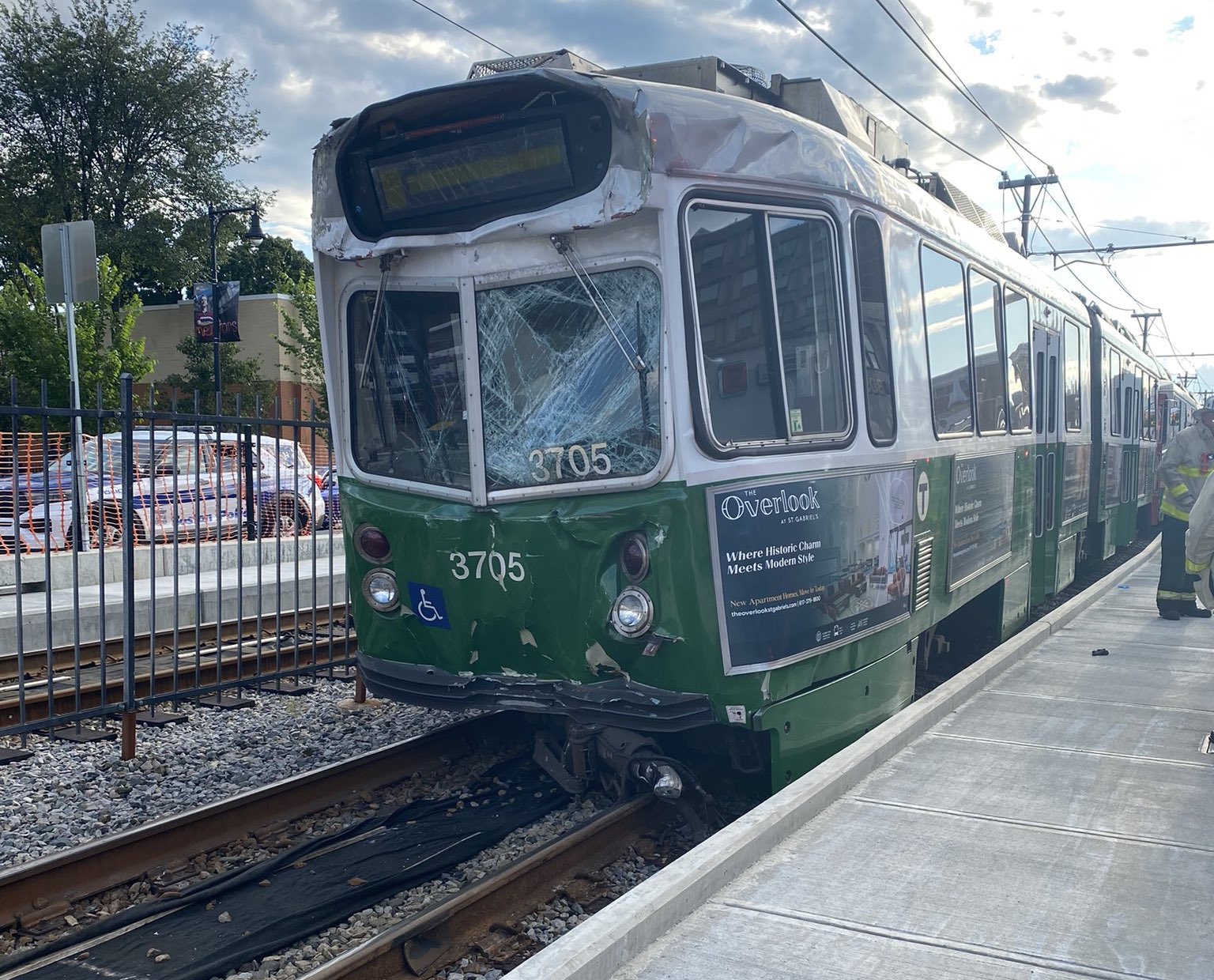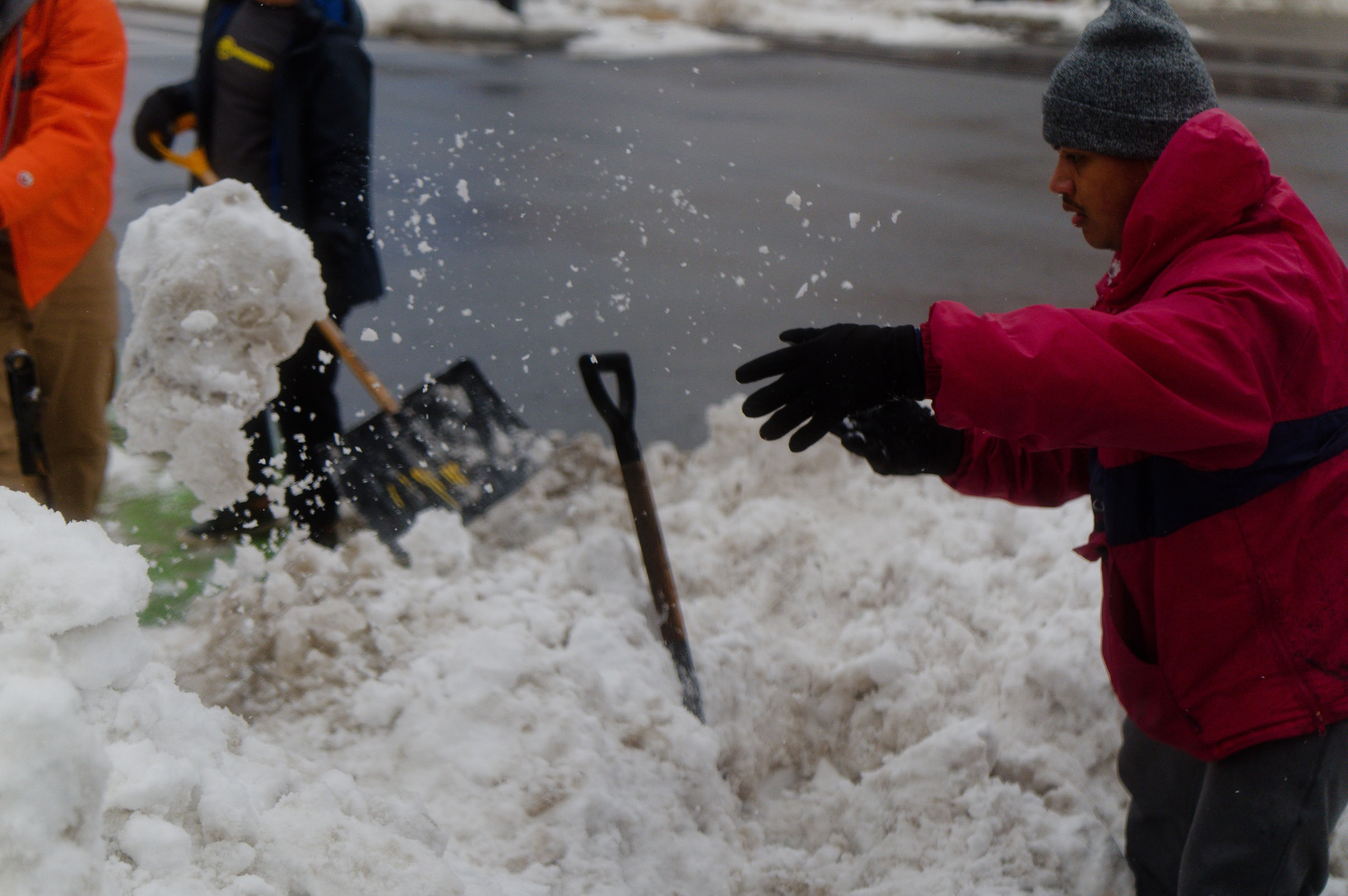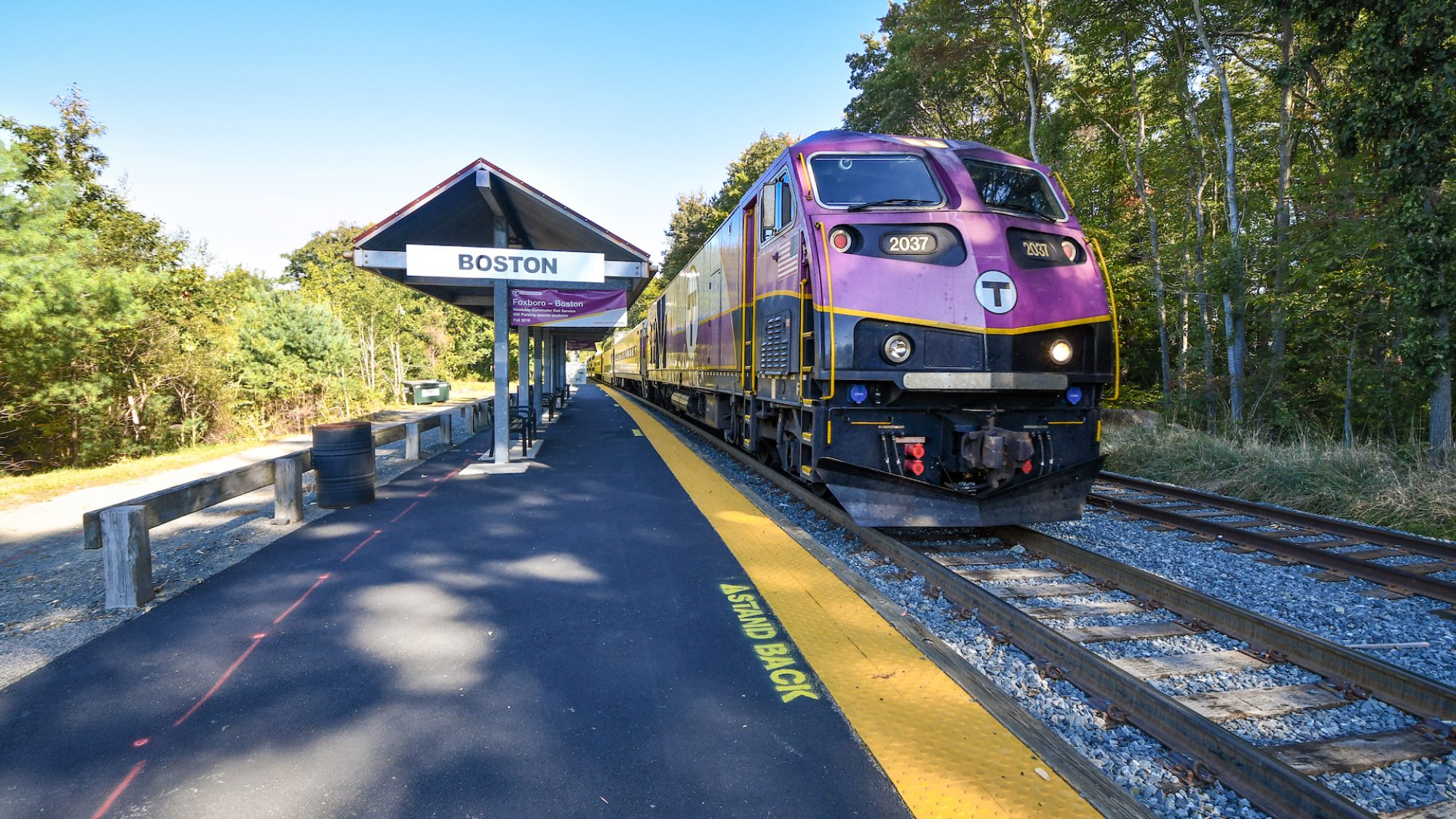Federal safety inspectors are raising alarms about "excessive wear and defects" on MBTA subway tracks, five runaway train incidents since the beginning of 2021, and a pattern of lapsed safety certifications among MBTA personnel after visiting Boston for an in-depth "safety management inspection" this April.
On Wednesday, the Federal Transit Administration (FTA) published five special directives to the MBTA and the Massachusetts Department of Public Utilities, the state agency that's responsible for safety oversight of the T's rail operations.
In a press release accompanying the directives, the FTA's Administrator Nuria Fernandez said that "safety is our number one priority and must be the primary focus for the MBTA and the DPU. Every transit passenger deserves a safe ride. Every transit worker deserves a safe workplace. The MBTA must immediately take action to improve its safety procedures for its passengers and workers."
One of the more striking findings from the FTA's safety inspection was that nearly 10 percent of the system's heavy rail subway system (the red, orange, and blue lines) are under speed restrictions because of the agency's poor track maintenance, and that there is a "growing backlog of open (4,195) and pending (12,423) defects related to track, signals and communication, power, and facilities."
Federal inspectors specifically called out a curved section of the Orange Line south of Tufts Medical Center where they found "evidence of excessive wear and defects."
The FTA is giving the T 30 days to submit a corrective action plan that identifies specific actions the agency will take to repair tracks, remove speed restrictions, and improve track access for work crews.
Another special directive focuses on safety procedures inside the T's train yards, where, according to the FTA, there have been "five runaway train events that happened in yards or during maintenance-related movements."
One of those incidents, on December 17, 2021, injured three workers, and two more incidents happened within two days at the end of May, while FTA agents were still conducting their inspections.
Other directives cite inadequate staffing levels at the T's Operations Control Center, where subway trains are dispatched, and widespread problems with lapsed safety certifications among subway operators.






